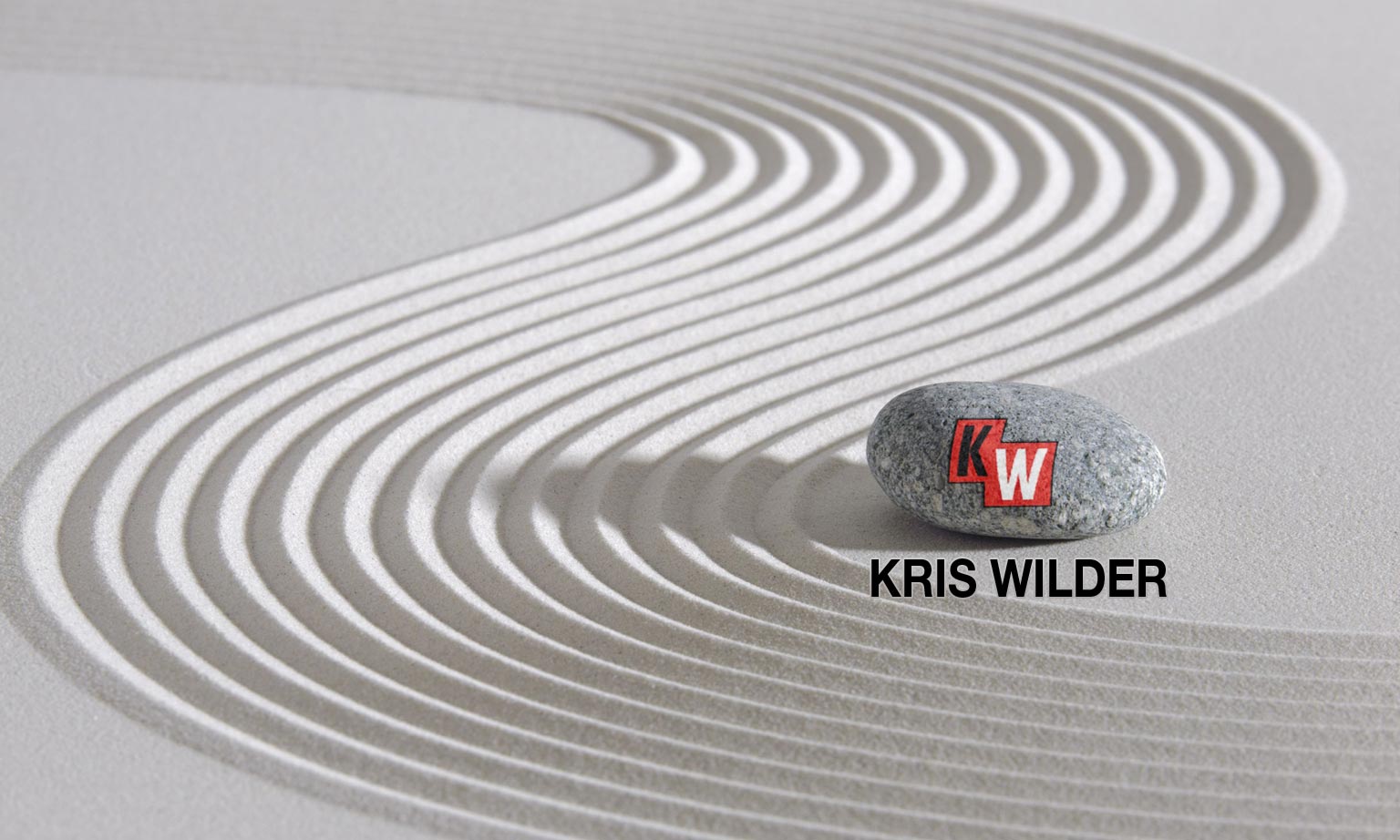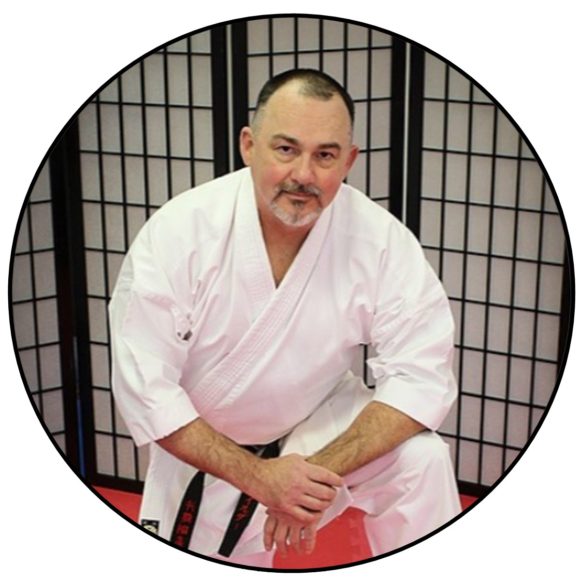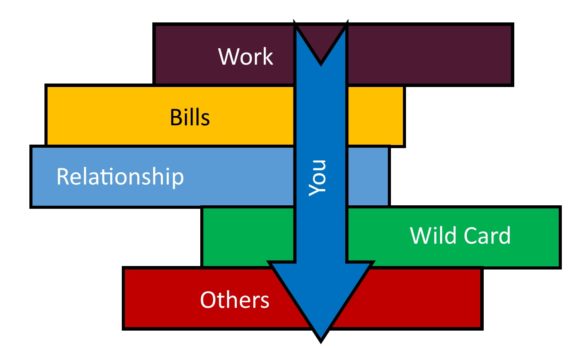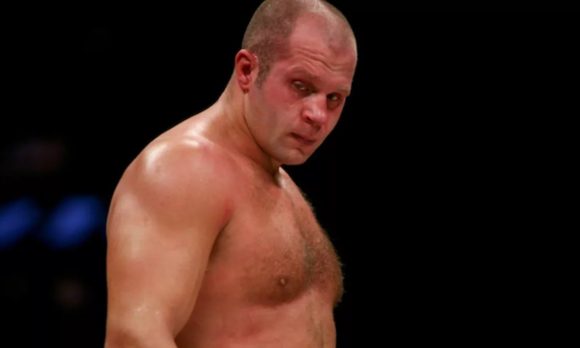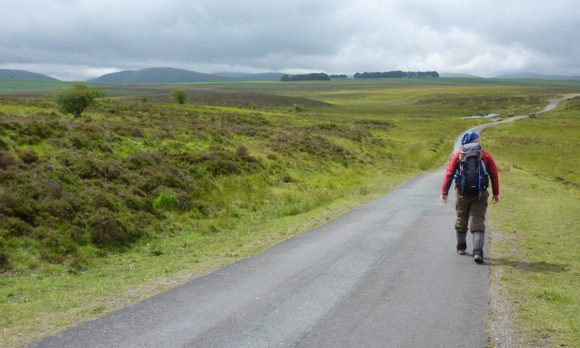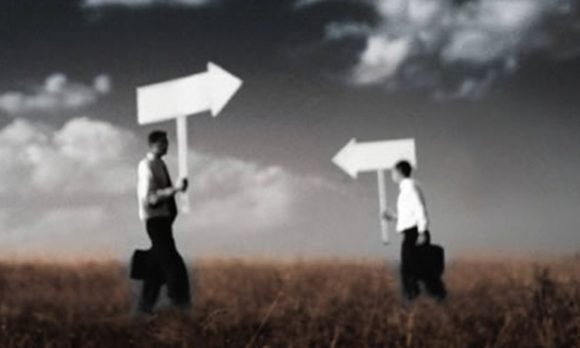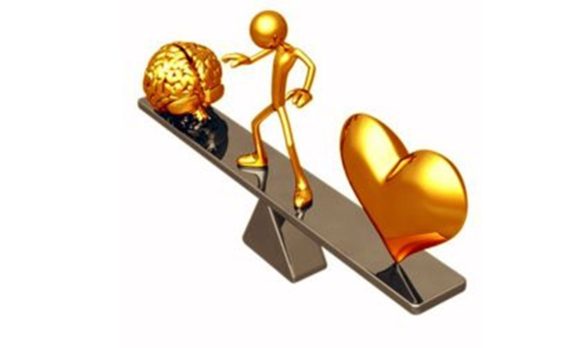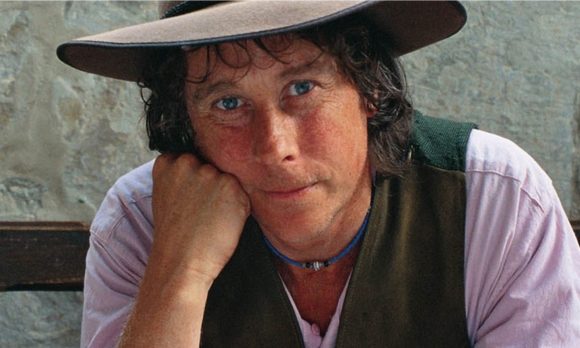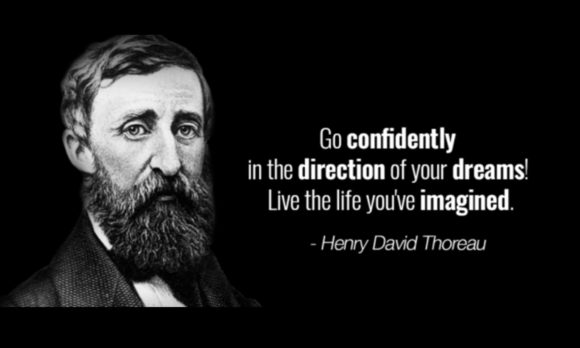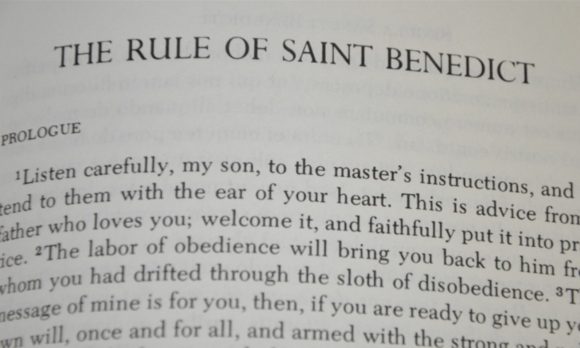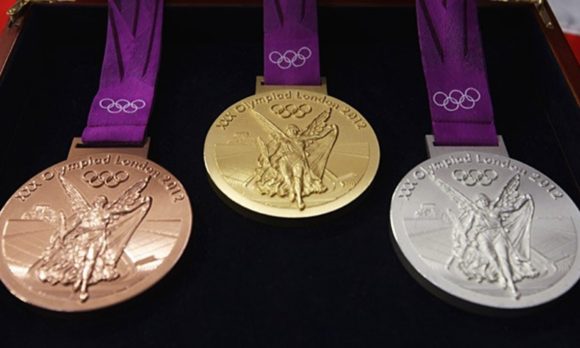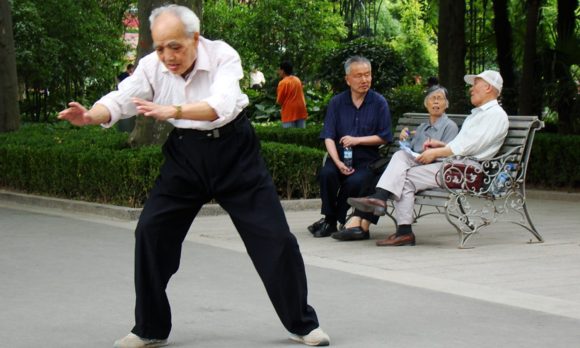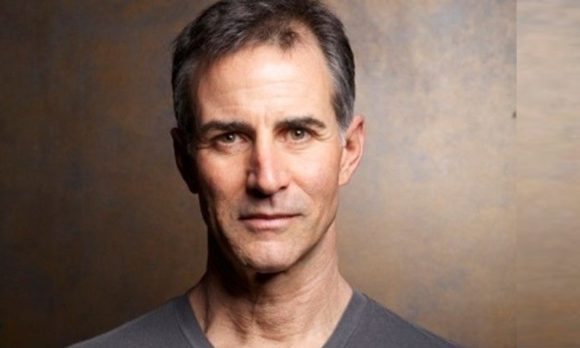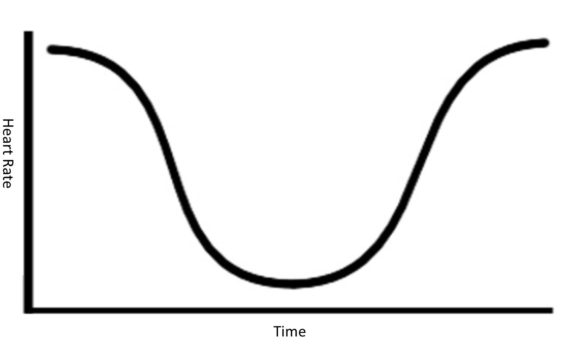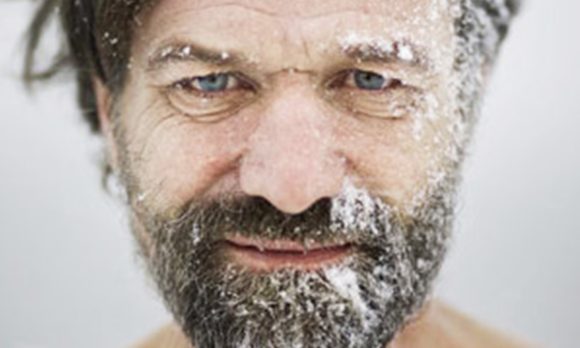
Discipline must blend into motivation. There are many ways to train the human mind. There are classic forms of meditation, contemplation, and education. No doubt some forms of disciplining the mind have been left off this small list. I am confident you can point to another overlooked form or version of the three presented.
They all are overseen by the great governor of mental training; the primary is discipline.
Discipline means, in this context, doing what needs doing on an ongoing basis. To hold oneself accountable. Self-accountability can also mean who one thinks. The mental game, the mental training, is the separator between the great and the greatest.
Shannon Miller World Champion Gymnast on Training
In an interview with The Dana Foundation, whose motto is; Your gateway to responsible information about the brain, they talked with Shannon Miller. Shannon Miller is a former United States Gymnast. Miller won eleven gold medals, six silver medals, and four bronze medals in world competition.

Miller Stated “The physical aspect of the sport can only take you so far. The mental aspect has to kick in, especially when you’re talking about the best of the best. In the Olympic games, everyone is talented. Everyone trains hard. Everyone does the work. What separates the gold medalists from the silver medalists is simply the mental game.”
Motivation will only take you so far. Motivation is like a middle school crush. It is intense and it will go away. Motivation is a wonderful initiator. See motivation for what it is, a white-hot burn, then sort the discipline. Coaches will often say, “Find your motivation.”
A reporter may ask an athlete, “What’s your motivation?” these are not good questions, they are like asking a comedian, “Where do you get your ideas from?” That implies the ideas fly into their head, and sometimes their inspiration too, but mostly it is work. Disciplined work. Without the substructure of discipline, motivation is useless.
Calendar of Discipline with Jerry Seinfeld
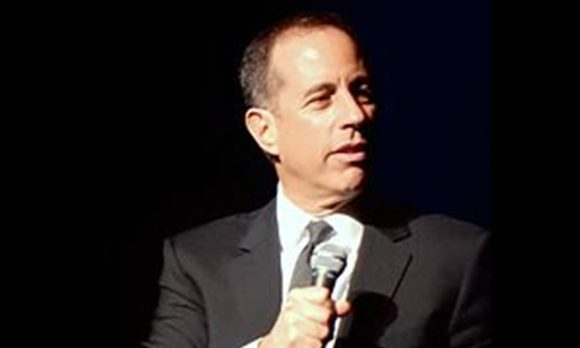
Jerry Seinfeld is well known for having a calendar in his apartment in the early part of his career that he used to track his work. Every day he wrote jokes. Then he put an “X” on the calendar for that day he wrote. His discipline was not breaking the train of continuous days of joke writing.
Discipline must blend into motivation. It is not inspiration alone; it’s grinding it out when you don’t want to.
Ray Lewis Will Light You Up
The furnace of discipline needs stoking. Although I am fairly self-contained in motivation and discipline, we all need a boost. Something or somebody to blow on the coals in that furnace. I listen to, “Everyday Greatness, The Ray Lewis Podcast.”
It works for me. And it works for everybody I have recommended the podcast to. You may be the one off, but I doubt it. If you don’t know who Ray Lewis is here are a few of his American Football career highlights
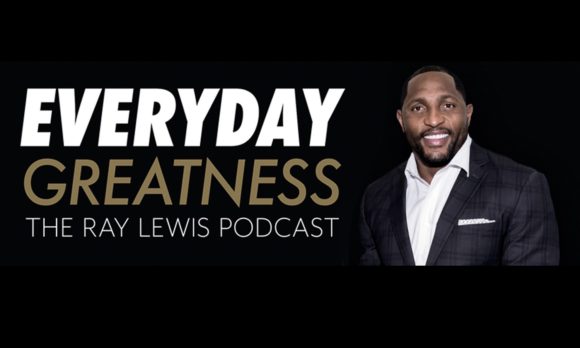
Super Bowl champion (XXXV, XLVII)
NFL Defensive Player of the Year (2000, 2003) 2x’s
First-team All-Pro (1999–2001, 2003, 2004, 2008, 2009)
Second-team All-Pro (1997, 1998, 2010)
Selected to the Pro Bowl (1997–2001, 2003, 2004, 2006–2011)
All-Decade Team (the 2000’s)
100th Anniversary All-Time Team in the National Football League
Baltimore Ravens Ring of Honor
First-team All-American (1994, 1995) in college
The man knows of which he speaks.
Remember motivation is like the middle school crush, it will fade. Discipline must be executed even when the motivation is less than it could be. This is what separates the amateurs from the pros. Discipline must blend into motivation
And here is a trick to writing a joke.
Write the joke backward. Start with the punchline and then write the joke to serve the conclusion, the payoff. There is your pro tip of the day.
A few suggested links you may also find interesting.
Let’s Connect
KRIS WILDER
Kris Wilder is a martial artist based in Seattle Washington. He has authored many martial art books, including the classic, The Way of Kata. Making no apologies for his obsession of Football he can be found telling any who will listen about the nuances of the Canadian Football League.
